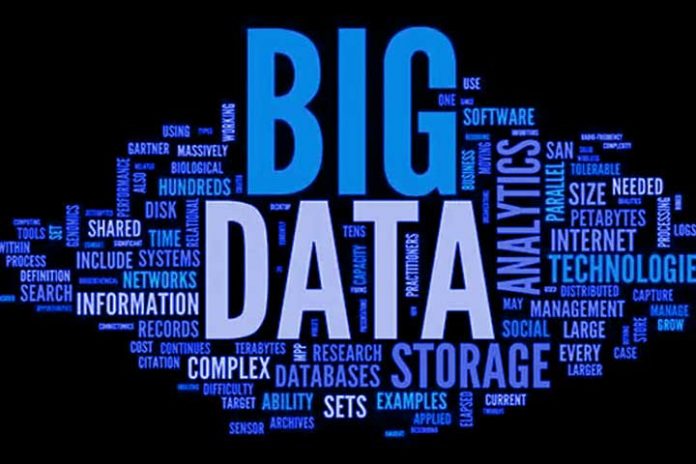With each passing day, more and more data is produced around the world. According to Forbes, in 2020, each person is expected to obtain approximately 1.7 Mb of information per day, a figure that is likely to grow exponentially in the coming years.
To make the most of all the information provided to us, it is essential to know how to measure and interpret it to understand the past, analyze the present and predict the future, a task that Big Data Analytics is responsible for.
What is big data?
Big Data is a concept that began to gain momentum in 2000 when Google and Yahoo started to use this resource to improve their platforms and expand their reach.
In summary, it describes the amount and complexity of structured and unstructured data generated and stored every second (such as access logs, emails, locations, social media data, among others). This data can be analyzed and interpreted to extract ideas that can support strategic decision making in companies.
To extract value from this data, Big Data focuses on some bases known as the 5 V’s :
- Volume: Big Data allows the storage of large volumes of information from various sources, such as sensors, commercial data, social network data, among others.
- Speed: All collected data should be analyzed as quickly as possible to support decision-making at the right time.
- Variety: Big Data collects a large amount of data from multiple sources that must be structured and organized.
- Truthfulness refers to data from human dynamics, such as search engines and social networks, since it is understood as fundamental interactions.
- Value: Big Data can distinguish data and information that have a more excellent value for the business.
Also Read: 5 Keys That Make Big Data The Perfect Ally For The Retail Sector
Big Data Analytics: what is it?
Big Data Analytics is the study of a large amount of data to draw behaviour patterns, discover unknown correlations, know market trends, and discover consumer preferences.
For this, predictive models, statistical algorithms and analyzes performed with high-performance systems are used that allow the storage, processing and discovery of patterns in the collected data.
Tips for Big Data Analytics
When we talk about Big Data Analytics, we can distinguish four types of analysis that we must consider:
- Descriptive analysis: It allows you to understand what happened in the past and understand the trends to explore in the future. It focuses on comparisons and descriptions and can help spot patterns or segment some data.
- Diagnostic analysis: When you want to know the causes of a specific situation, this is the method to use. It allows analyzing the churn rate (abandonment rate) or the trends of a product/service use.
- Predictive analytics: It is the most used type of analysis and consists of studying forecasts through probabilities. It allows you to predict what will happen in future scenarios and understand which products are best to sell or the risk of losing customers.
- The prescriptive analysis is based on automation processes, or A / B tests, which allow interpreting situations if specific measures are taken. You can provide information on the following action to build customer loyalty: the best place on a website to place a banner or the best vehicle route to avoid traffic.
Advantages of using Big Data Analytics
Using one of the types of Big Data Analytics, companies can benefit from the following advantages:
- Cost reduction – Using Big Data-based cloud services reduces costs associated with storing large amounts of files.
- Improved decision making – Through Big Data Analytics, decision-makers will have a large amount of data at their disposal to analyze their history and predict future actions.
- Improvement or creation of new products and services – By analysing trends and customer needs, companies can improve or develop new products or services and offer real value to their target audience.
- Fraud detection – Financial institutions also use Big Data Analytics to prevent fraud.
In an increasingly data-filled world, Big Data Analytics will be one of the critical tools for business growth, improving customer relationships or optimizing products or services.
Before making any decision, companies can have the result of all possible scenarios in their possession, which minimizes the risk of error and increases the probability of success of each action.


